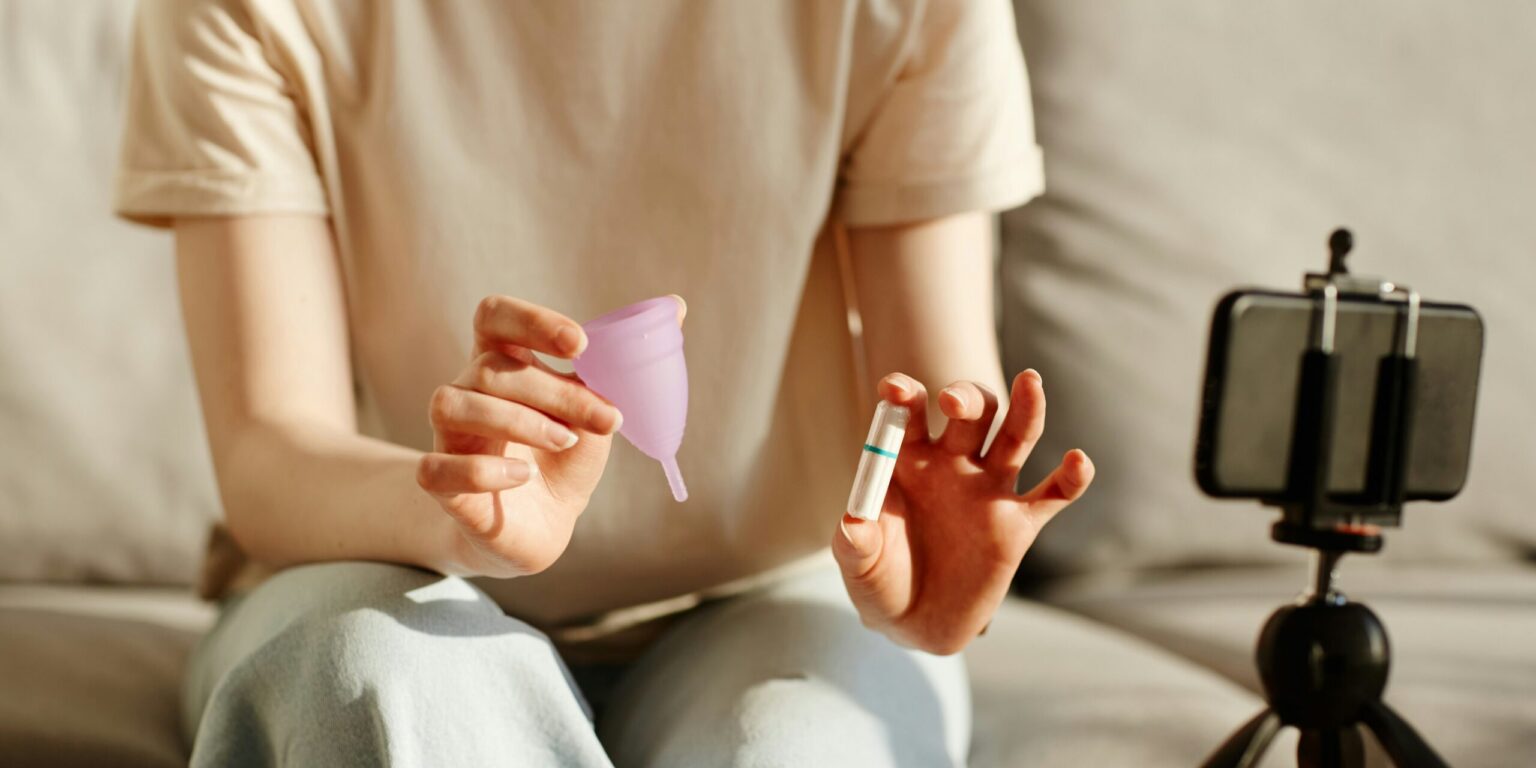A revolutionary new approach in mental health diagnostics is emerging as researchers explore the potential of smartphone sensors to detect early warning signs of mental health conditions. With the increasing capabilities of modern smartphones, including a range of built-in sensors, researchers are investigating how these devices could be used to monitor patterns associated with mental health symptoms, potentially providing clinicians with a powerful tool for early intervention.
Smartphones today are equipped with a variety of sensors, such as accelerometers, gyroscopes, GPS trackers, and heart rate monitors. These sensors can track a wealth of data, from physical movement and sleep patterns to geographical location and even speech characteristics. The goal of researchers is to tap into these data streams to better understand how changes in a person’s behavior, activity levels, and routines could be linked to mental health issues like depression, anxiety, bipolar disorder, and even early stages of psychosis.
The concept behind this approach is relatively simple: By collecting continuous data on a person’s daily activities and behaviors, smartphone sensors can reveal subtle patterns or changes that might otherwise go unnoticed. For instance, research has shown that shifts in sleep patterns—such as difficulty falling asleep or waking up too early—can be an early sign of depression or anxiety. Similarly, a sudden decrease in physical activity or social engagement could signal the onset of a mental health crisis. By tracking these behavioral changes over time, smartphones could potentially alert both the user and their healthcare provider to emerging issues before they manifest in more obvious ways, such as through a formal diagnosis.
Read Also: https://mensinsider.com/global-smartphone-launches-mid-range-devices-lead-the-charge-in-april-2024/
One of the major advantages of using smartphones to monitor mental health is the potential for early detection. Mental health issues often go undiagnosed for extended periods, particularly in the case of conditions like depression and anxiety, where the symptoms may not be immediately obvious or may be mistaken for normal life stressors. Smartphone data, however, could help clinicians identify shifts in a patient’s mental health much earlier. This could allow for timely interventions, which might include adjusting treatment plans, offering additional support, or encouraging lifestyle changes that could mitigate the escalation of symptoms.
Moreover, smartphone sensors could help to create a more personalized and comprehensive understanding of mental health. Traditional clinical assessments rely heavily on patient-reported data, which can be influenced by memory bias, reluctance to disclose symptoms, or difficulty articulating emotions. By collecting continuous data from smartphones, clinicians would have access to objective, real-time information about a patient’s behavior and emotional state. This could provide a more accurate and detailed picture of the patient’s mental well-being, offering a clearer foundation for diagnosis and treatment decisions.
Smartphone-based monitoring also allows for ongoing, long-term tracking of mental health. Unlike traditional assessments, which might only occur during in-person appointments, smartphone sensors can collect data around the clock. This continuous monitoring could offer clinicians a much richer dataset, capturing changes in behavior, mood, and activity that may fluctuate daily or even hourly. Over time, this data could reveal long-term trends or emerging patterns, making it easier for healthcare providers to spot issues before they become serious.
While the potential for smartphones to transform mental health diagnostics is clear, there are also challenges and concerns to address. One of the most pressing issues is privacy and data security. Since smartphones would be collecting sensitive information about a person’s health, it is critical that this data is protected from unauthorized access or misuse. Patients would need assurances that their personal information is kept secure and that they have control over how and when their data is shared. This will be essential for gaining public trust in this technology and encouraging widespread adoption.
Furthermore, while smartphone sensors can provide valuable insights into a person’s behavior and habits, they are unlikely to replace traditional mental health assessments. Mental health conditions are complex, and a comprehensive diagnosis typically requires input from a trained clinician who can interpret symptoms, assess medical history, and engage in conversation with the patient. Smartphones should be seen as a complementary tool—providing additional data that can support a clinician’s judgment, but not replacing the human aspect of diagnosis and care.
As research in this area continues, there is growing optimism about the future of smartphone-based mental health monitoring. Early detection and personalized care could significantly improve outcomes for patients, potentially reducing the severity of conditions by addressing them before they escalate. With further development, smartphones could become a regular part of mental health care, helping people manage their well-being proactively, rather than reactively. The combination of wearable technology and data analytics may mark a pivotal moment in how we understand and care for mental health in the digital age.
If successful, this innovation could revolutionize how we approach mental health treatment—offering more accurate, timely, and personalized care while helping individuals maintain better control over their mental well-being. It could usher in a future where mental health is treated with the same attention to detail and immediacy as physical health, all through the technology we carry with us every day.
